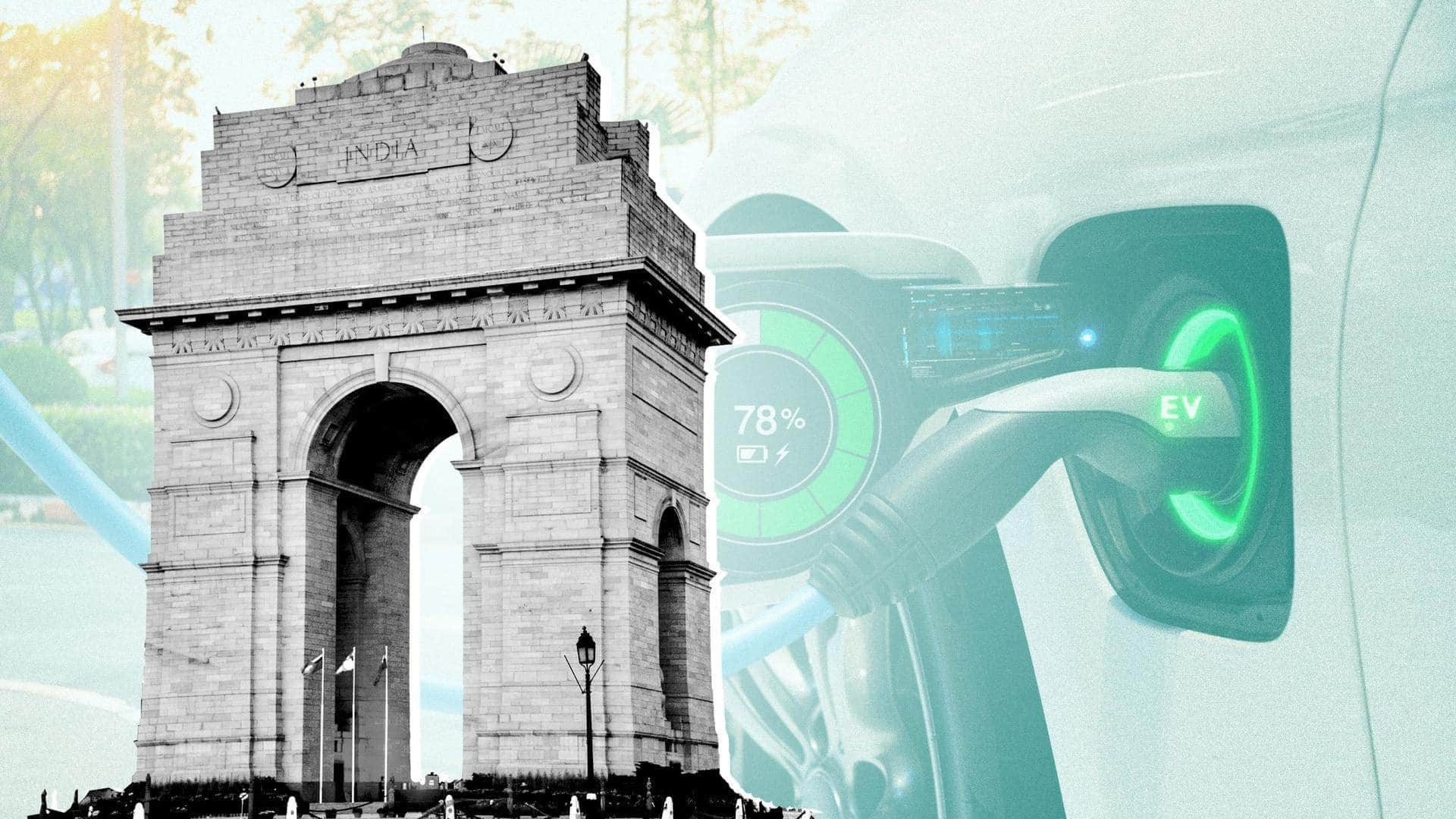
Delhi government extends EV policy till March 2026
What's the story
The Delhi government has announced an extension of its current Electric Vehicle (EV) policy until March 31, 2026. The decision was made to allow more time for public consultation on the draft of a new policy. Transport Minister Pankaj Singh said this move is aimed at facilitating comprehensive discussions with all stakeholders, including citizens, industry experts, private organizations, and environmental groups.
Policy discussion
Key agenda for the extended policy discussion
During this extended period, key provisions of the Delhi EV policy will be discussed. These include strengthening electric vehicle charging infrastructure, reviewing subsidies and waivers to boost EV adoption, developing systems for safe e-waste and battery disposal. Also on the agenda is clearly defining public-private roles in advancing the electric mobility ecosystem.
Inclusive policy
Current Delhi EV policy was introduced in 2020
Singh stressed that this participatory approach is critical to developing a more effective, inclusive, and forward-looking EV policy. He said it would promote clean and sustainable urban transport in light of Delhi's air pollution crisis. The current Delhi EV Policy was first introduced in 2020 but has been extended multiple times since its initial expiration in August 2023. The policy aims for 25% EV sales share and full electrification of public fleets by 2027.
Innovation challenge
Delhi to hold innovation challenge for retrofitting BS4 trucks
In light of the upcoming ban on the entry of BS4 trucks into Delhi, the government is seeking innovative solutions for retrofitting these commercial vehicles to meet BS6 compliance. Environment Minister Manjinder Singh Sirsa has directed the Delhi Pollution Control Committee (DPCC) to hold an innovation challenge. The winning entry will be awarded a cash prize of ₹25-50 lakh and its technology will be used by the government.
Emission reduction
Challenge will also seek solutions to reduce emissions
The innovation challenge will also seek solutions to reduce emissions from BS4-compliant vehicles. "The innovation challenge will be focused on identifying and promoting low-cost, easy-to-maintain and effective technological solutions capable of reducing/absorbing PM 2.5 and PM 10 emissions of at least twice the amount emitted from BS-IV vehicles operating," Sirsa said. This initiative is part of a broader effort to curb pollution in the national capital.